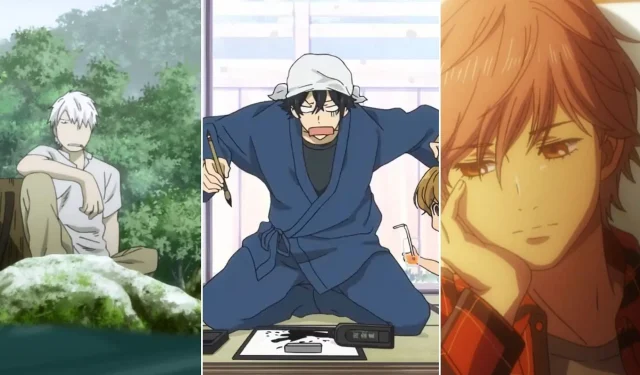Anime serves as a profound gateway for global audiences to delve into the multifaceted and dynamic culture of Japan, seamlessly blending age-old traditions with modern innovations. Through its imaginative narratives, beautiful animation, and in-depth cultural insights, anime provides a lens into spiritual folklore, vibrant subcultures, and the personal stories that exemplify the resilience of the Japanese people.
This article presents a curated list of ten culturally rich anime series and films, each acclaimed for their portrayal of various aspects of Japanese life and philosophy.
10 Culturally Enriching Anime You Shouldn’t Miss
1) Showa Genroku Rakugo Shinju
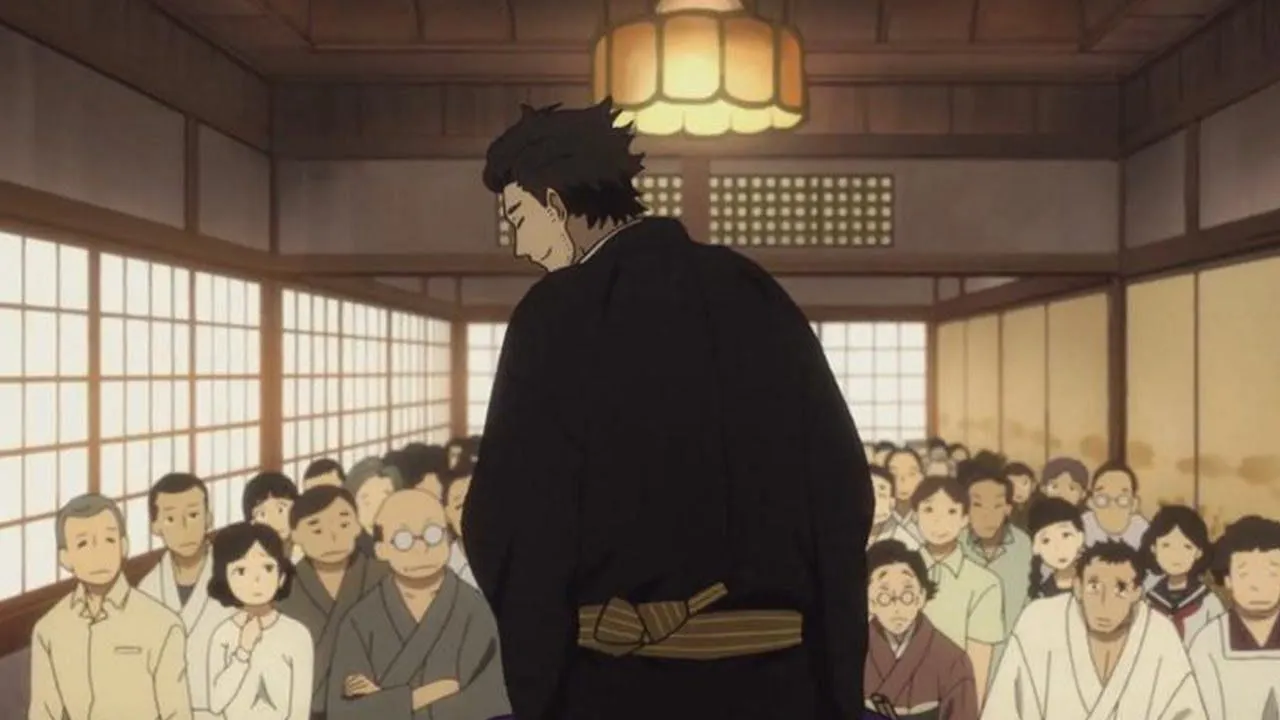
This poignant historical drama delves into rakugo, an esteemed Japanese art form that blends comedic storytelling and monologue. The series follows Yakumo Yurakutei, an aging master, and his spirited apprentice, Sukeroku, as they strive to preserve this unique performance art in post-war Japan, all the while navigating the intricacies of their mentor-student dynamics.
As challenges mount in a transforming society, Showa Genroku Rakugo Shinju compellingly showcases the need to protect cultural traditions in the face of modern pressures.
2) Mushishi
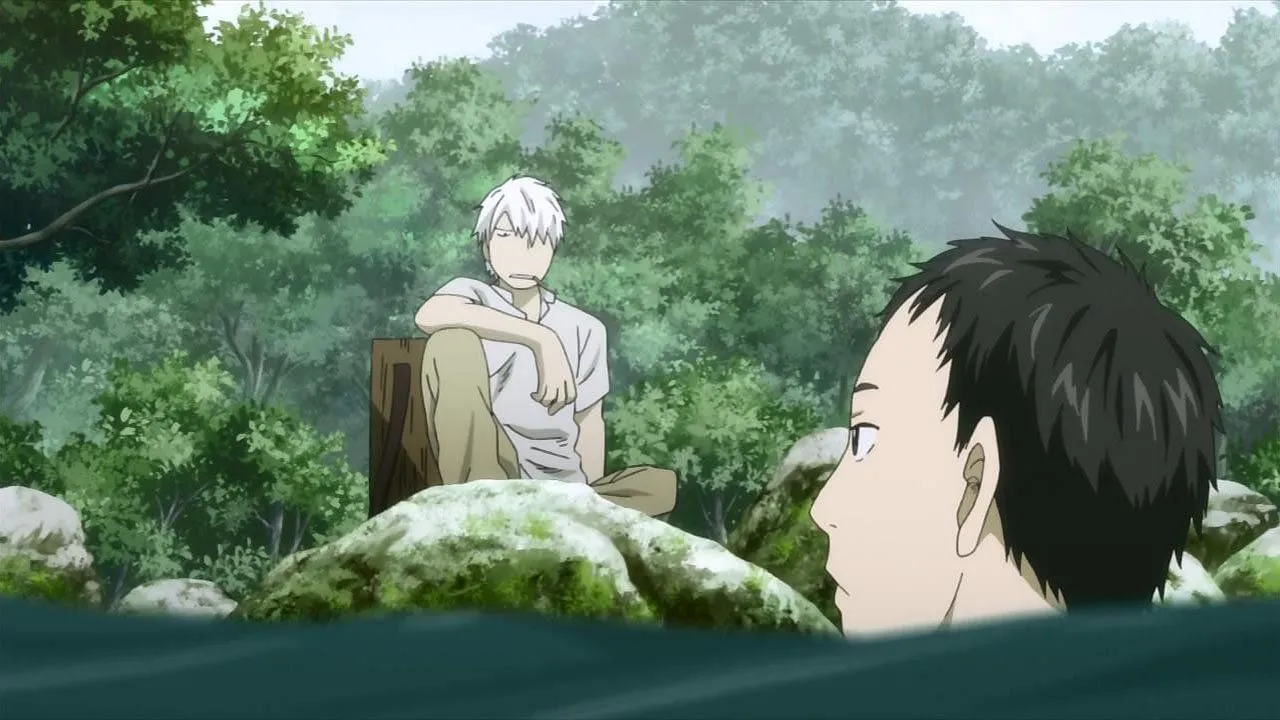
With its roots in Japan’s rural folklore, Mushishi offers a supernatural narrative centered around “Mushi,”enigmatic life forms that bridge the gap between the natural and supernatural realms. The protagonist, Ginko, embarks on journeys to unravel the mysteries of the Mushi while exploring deeply interconnected human experiences tied to nature and spirituality.
3) Chihayafuru
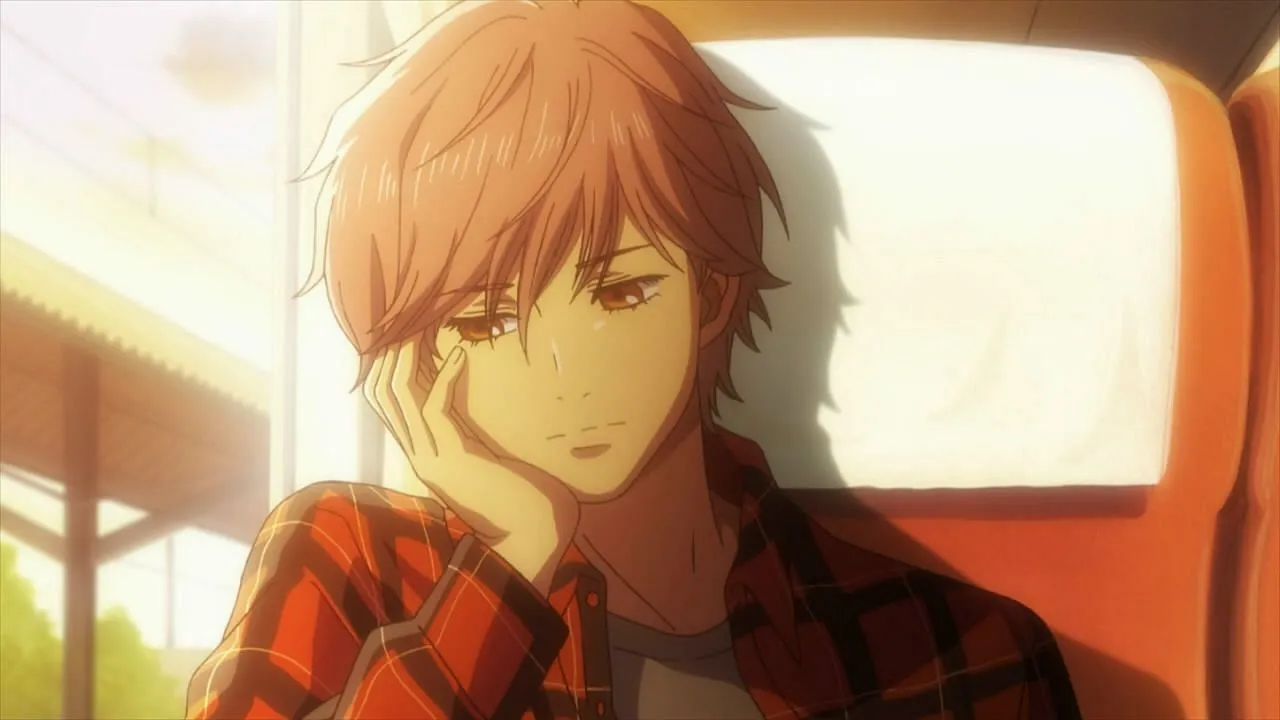
Chihayafuru follows the inspiring journey of Chihaya Ayase, a talented schoolgirl devoted to mastering competitive karuta, a traditional Japanese card game. Her ascent through regional and national tournaments reveals the intricate connections between the game, its poetic roots, and Japan’s illustrious literary heritage.
4) Barakamon
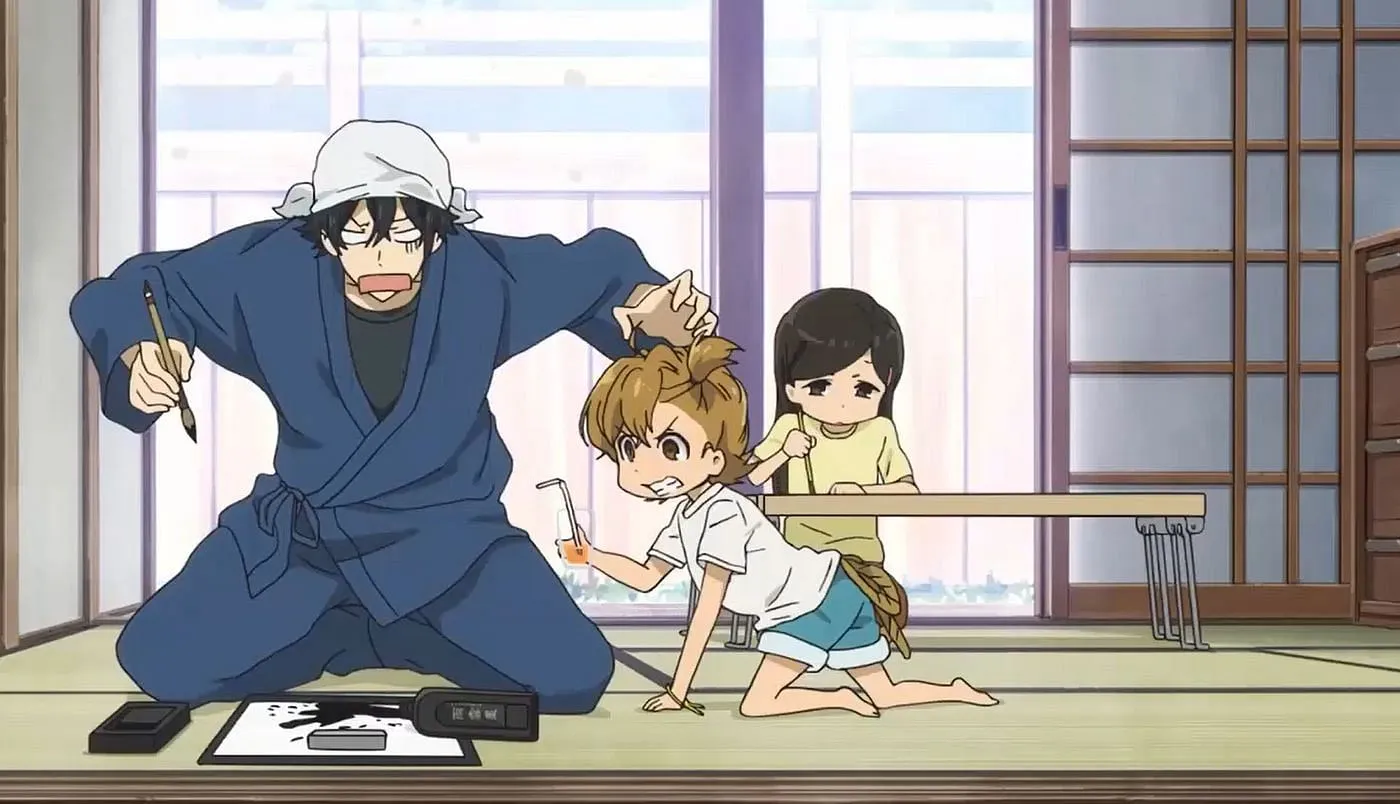
This delightful slice-of-life series portrays the life of Handa Seishuu, a calligrapher sent to the tranquil Goto Islands to rediscover his creative spark. The anime emphasizes his comedic conflicts with local customs and highlights the aesthetic philosophy of wabi-sabi, celebrating beauty in imperfection and simplicity amidst stunning rural landscapes.
5) In This Corner of the World
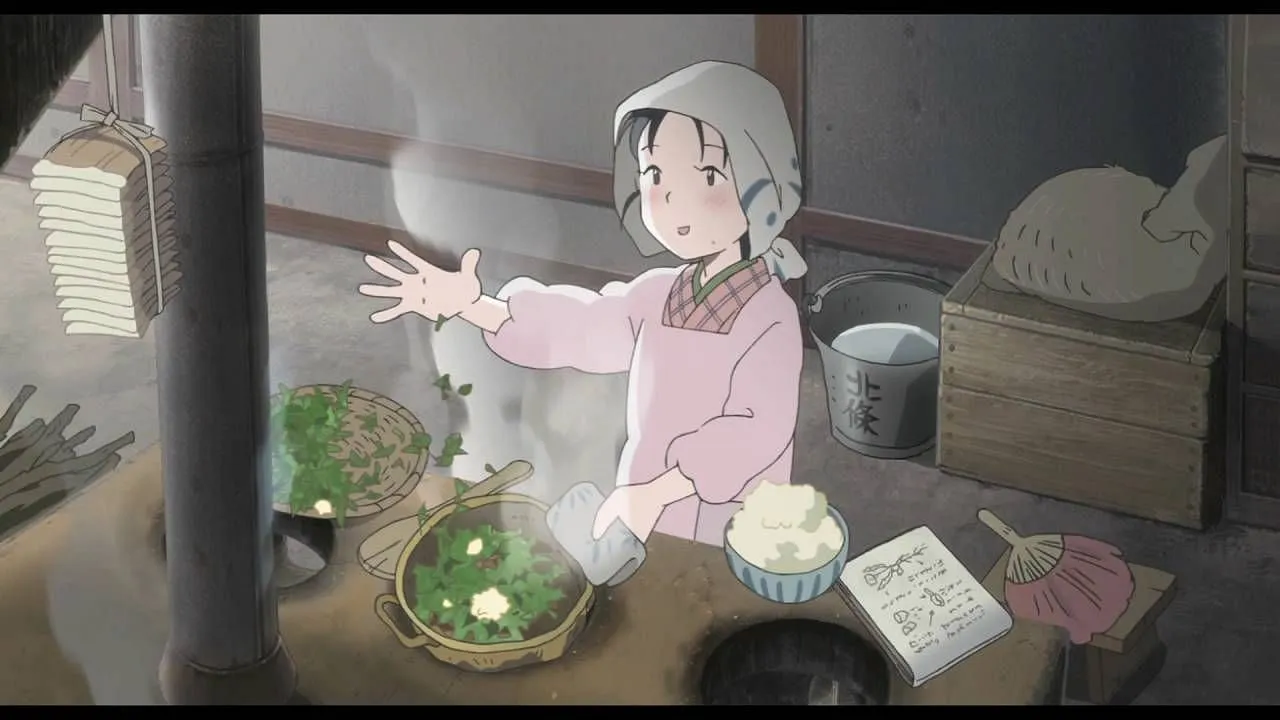
This stirring historical drama provides a moving account of Suzu, a young woman navigating life in Hiroshima during World War II. By juxtaposing her personal struggles with the collective endurance of ordinary citizens, the series paints a vivid picture of life during wartime and underscores the unwavering spirit of resilience.
6) Showa Monogatari
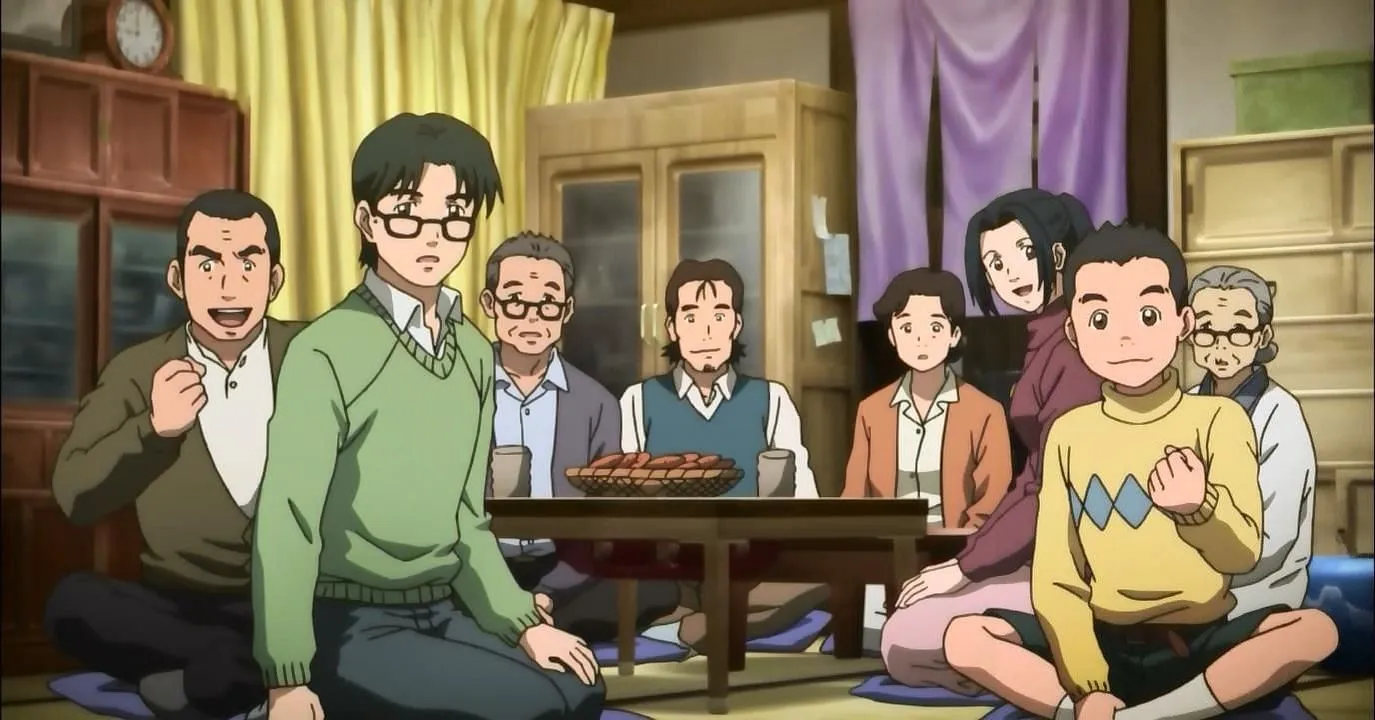
This anime serves as a cultural time capsule, chronicling the pivotal moments of Japan’s Showa era through the lens of the Yamazaki family. By exploring significant historical events and social changes, Showa Monogatari captures the evolution of daily life while celebrating enduring family traditions in a rapidly modernizing society.
7) Sakura Quest

In a humorous exploration of rural Japan, Sakura Quest follows city girl Yoshino as she promotes tourism in the declining village of Manoyama. Her experiences highlight the contrast between urban expectations and rural realities, addressing ongoing challenges faced by these communities while offering comedic insights into contemporary life.
8) Mononoke
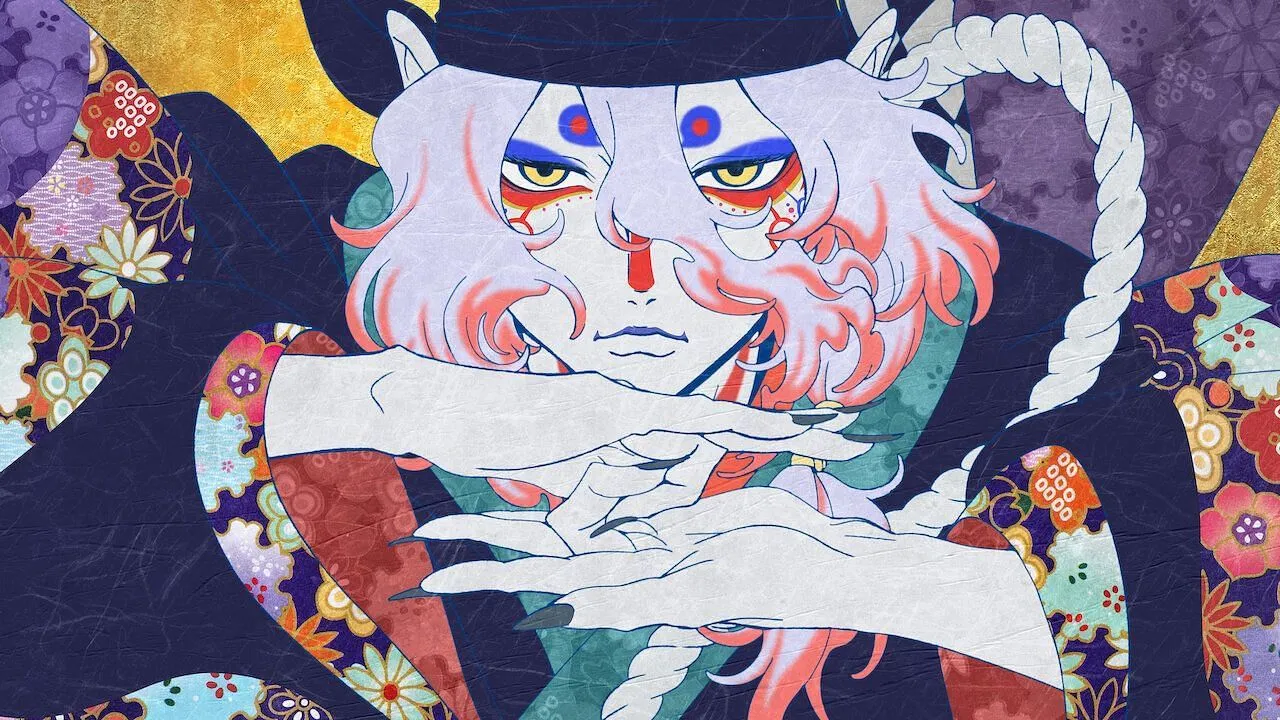
This psychological anime traces the adventures of the “Medicine Seller,”who confronts malevolent spirits known as Mononoke. To vanquish these entities, he must uncover their true forms and motivations, weaving a rich tapestry of Japanese folklore and ethical dilemmas that engage the viewer’s imagination.
9) Only Yesterday
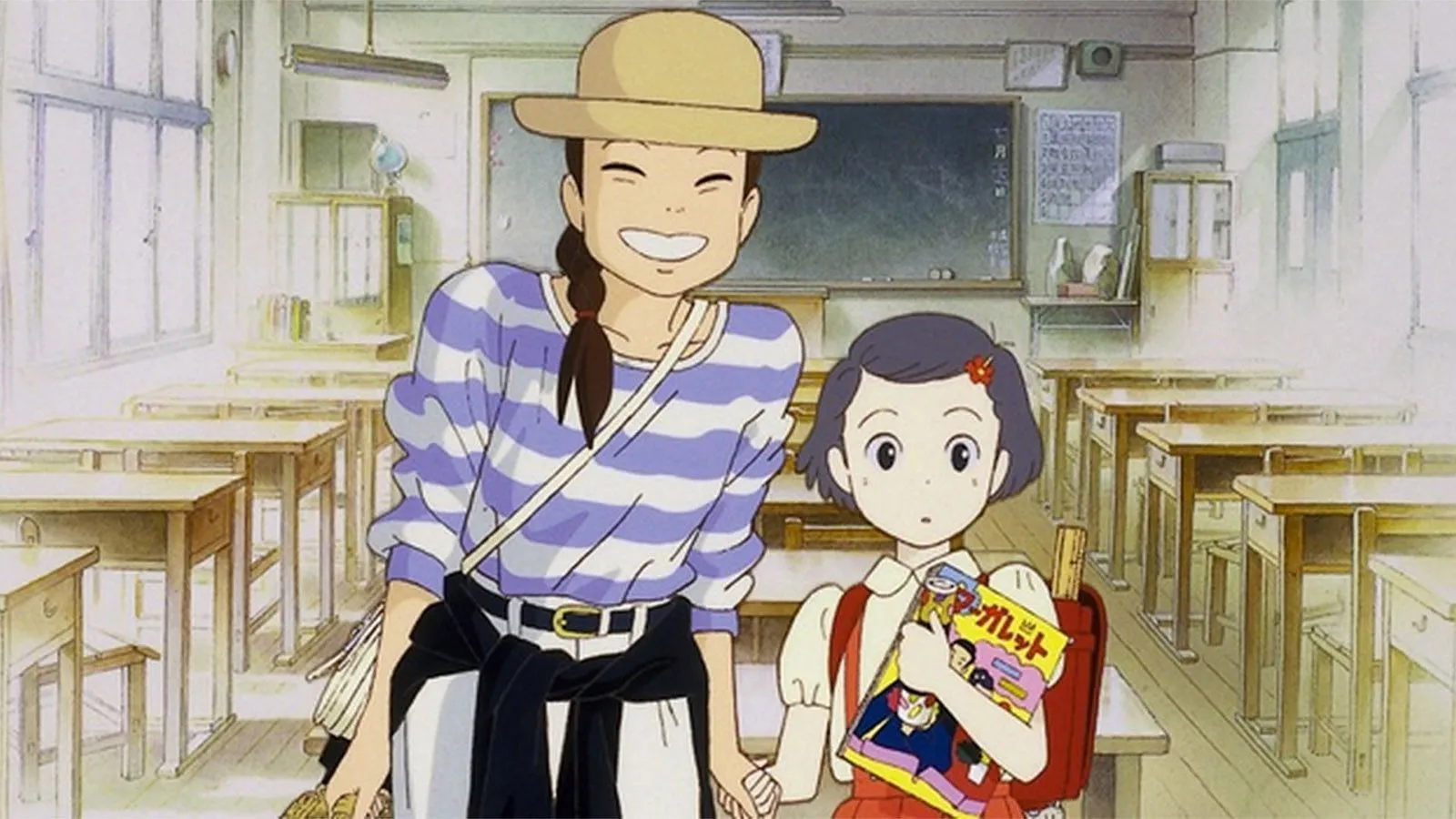
From the renowned Studio Ghibli, Only Yesterday immerses viewers in the serene landscape of rural Japan, juxtaposing the contemporary life of urban dweller Taeko with her nostalgic childhood memories of the 1960s. This beautifully crafted film eloquently portrays the continuity of rural customs and the personal growth of women across generations.
10) March Comes in Like a Lion

This contemporary drama focuses on the challenges faced by young shogi player Rei Kiriyama as he traverses the emotional landscapes of grief and self-discovery. March Comes in Like a Lion not only provides an enriching exploration of the competitive world of shogi but also delves into the psychological complexities of its players.
Conclusion
Anime serves as a significant medium for exploring the diverse facets of Japanese culture, including its historical events, rich folklore, and the intricate tapestry of societal changes. The series highlighted in this article encapsulate the essence of Japan’s unique traditions, contemporary issues, and the persistent spirit of its people.
By embracing these meticulously crafted narratives, global audiences can gain a deeper appreciation of Japan’s colorful heritage, reflecting both its time-honored customs and progressive innovations. Through anime, a world of cultural understanding awaits exploration.
